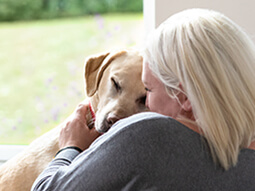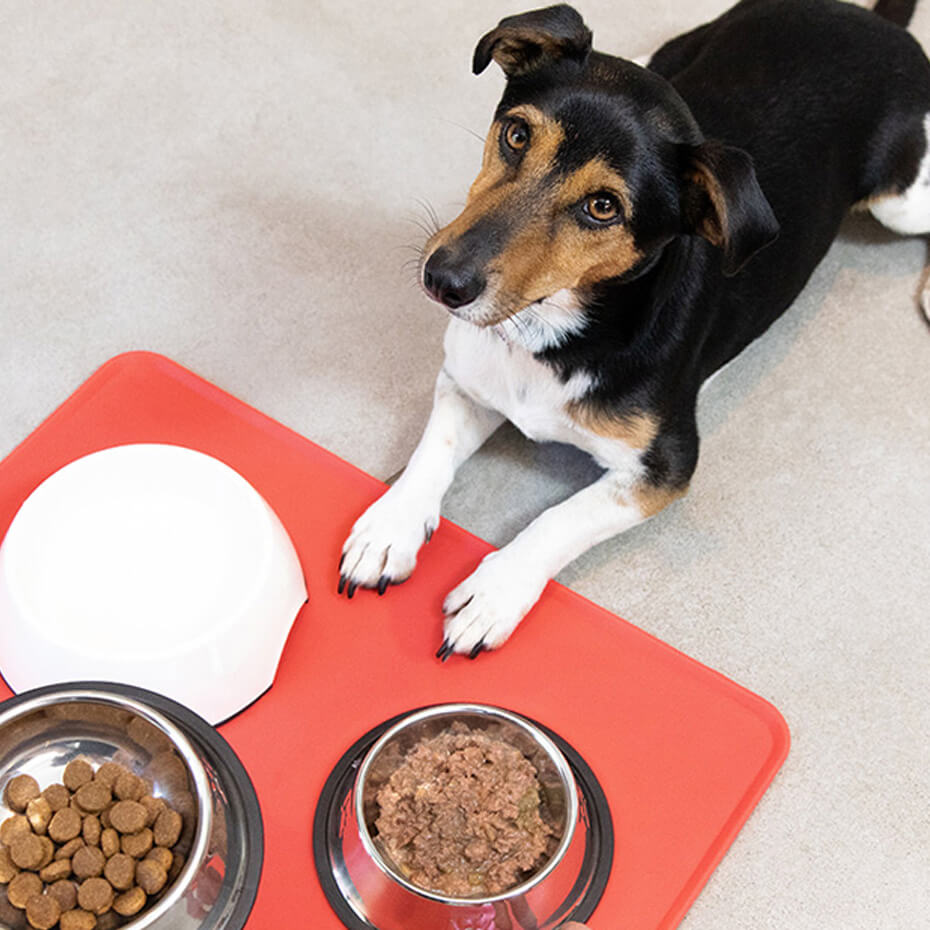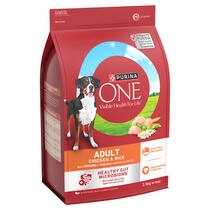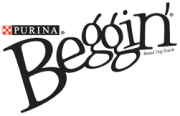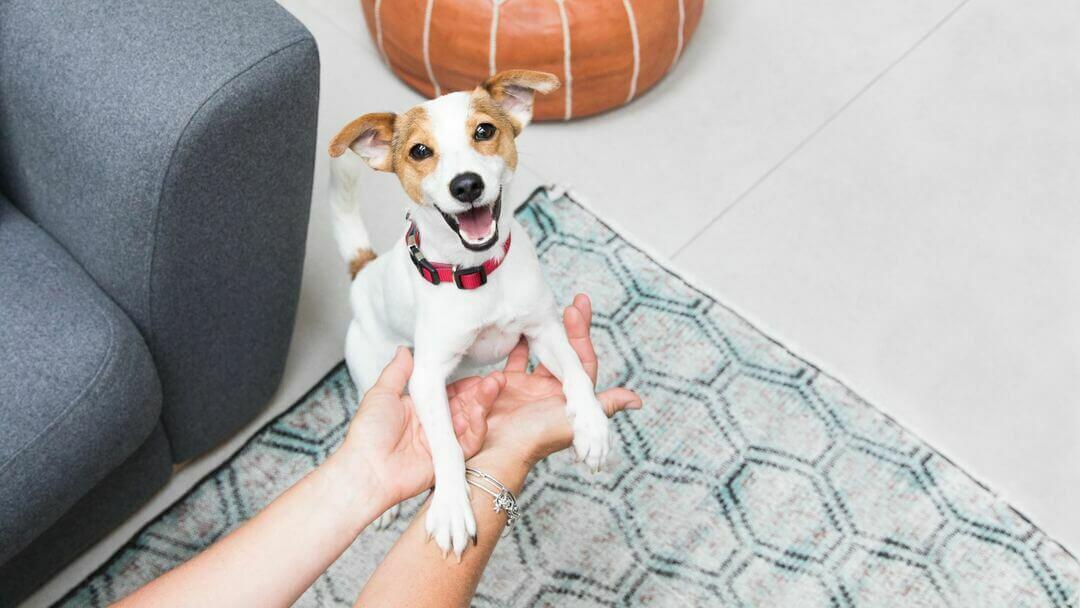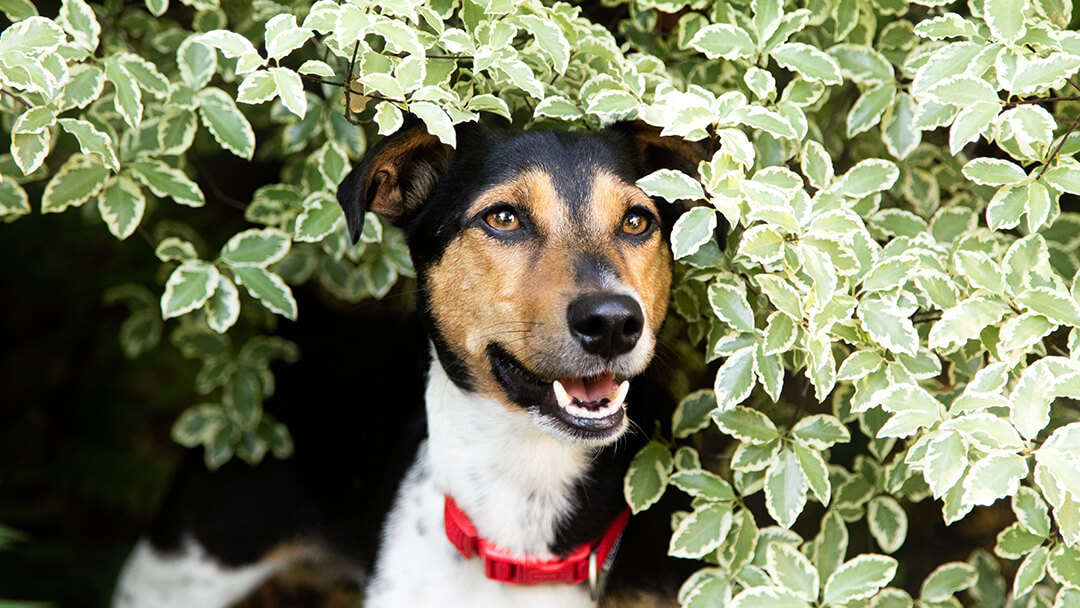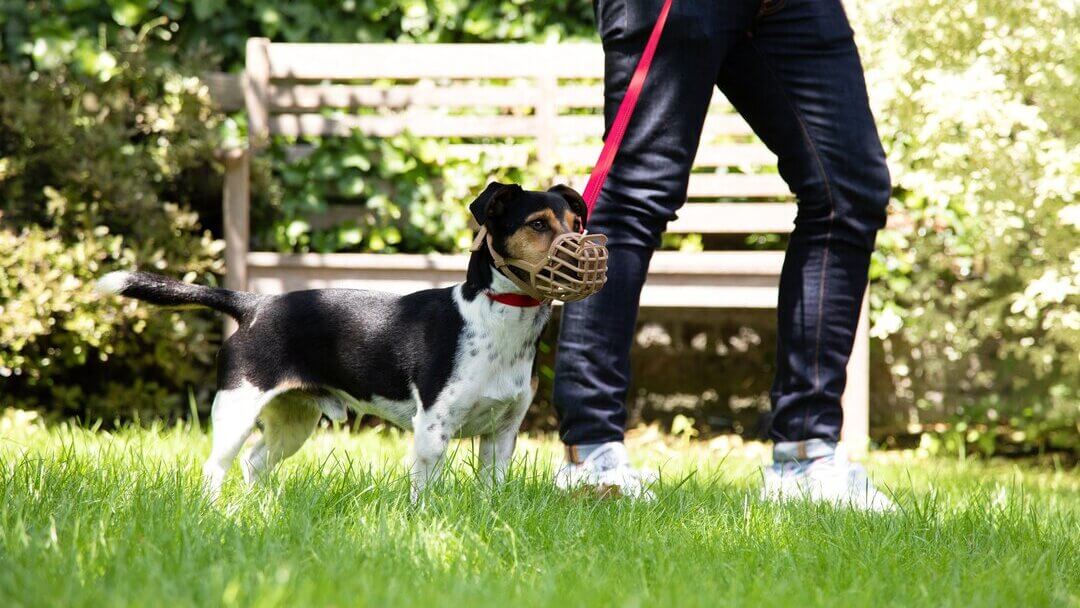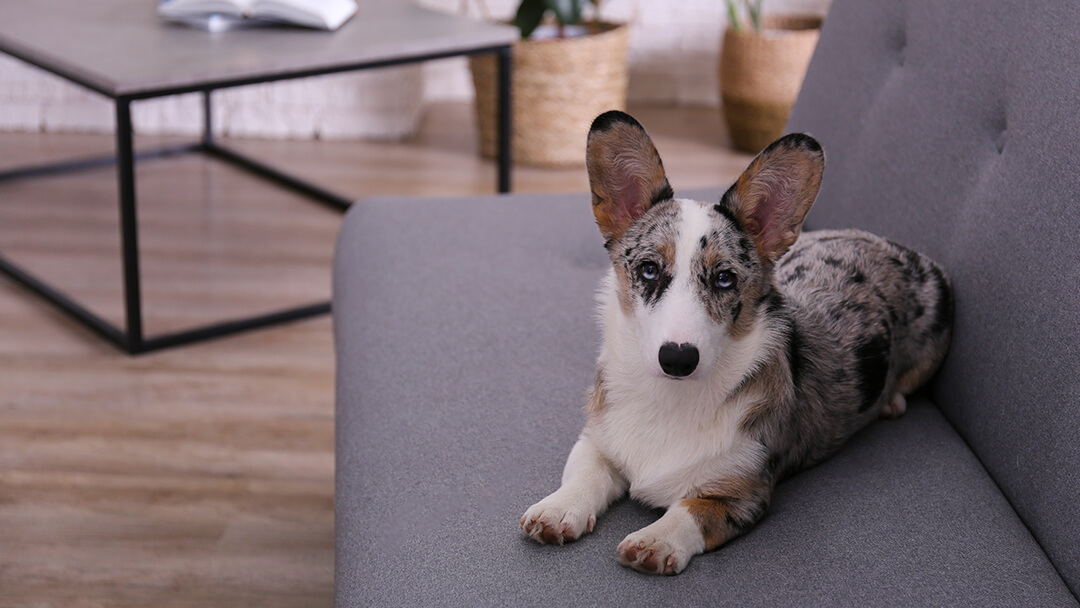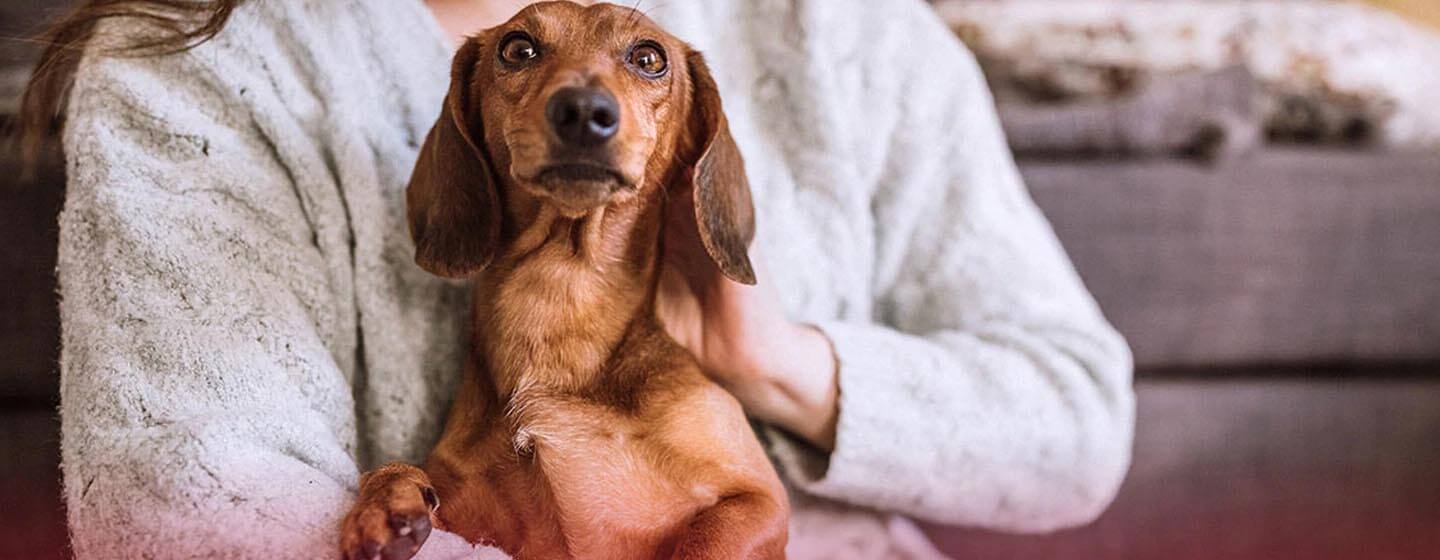
Physical wellbeing
How to keep your small dog fit and well, as he grows and matures
Although every small dog breed is unique, most will share the same health care needs. Regular check-ups by your vet can prevent health problems developing, and it also helps your small dog become familiar with the veterinary practice, the things that go on and the people who work there. Vaccinations protect against serious illnesses, like viruses, and regular flea and worming treatments help keep parasites at bay.
Establish a vaccination routine
Whatever your small dog’s age, he will need vaccinations or boosters every year to protect against potentially fatal diseases. Keep your small dog’s vaccination record in a safe place, and ask your vet’s practice if it offers a vaccination reminder service – if more than 15 months passes between boosters, your small dog may have to start his vaccination program again. Your small dog may feel a little feverish after a vaccination, but he should soon recover. If you have any concerns after a vaccination, always contact your vet.
Watch out for common illnesses
Your small dog may suffer from a tummy bug or dry, flaky skin at some stage in his life – these are both common health conditions and a trip to your vet should put your mind at rest. Sometimes, a gradual change to your small dog’s feeding plan can make a positive difference. While large dog breeds are prone to arthritis in old age, small dog breeds are less vulnerable. However, if your small dog appears to be limping, or having trouble getting up, always have a chat with your vet.
Prevent accidents
Small dogs can have unexpected accidents. Avoid ‘ticks’ (a nasty parasite that often resides in long grass) and eye damage from sharp spiky plants, by walking your small dog in open spaces. Never try to deal with ticks yourself – they are tricky things to remove and are best tackled by your vet. You can prevent choking by only giving your small dog pieces of food that are small enough to chew and swallow easily. Also, use a ball rather than a stick for playing fetch. Keep them off high surfaces where they may fall and injure themselves.
Simple dental care
Dental hygiene is extremely important. You can help your small dog to keep his teeth clean by feeding dental chews and encouraging play with rubber toys he can chew on to help clean his teeth. With patient practice, you can also brush your small dog’s teeth regularly with a soft finger brush and a pet-safe toothpaste – after a mealtime. Start with the side teeth towards the front, rather than the incisors, and brush the outer surfaces of the teeth in a gentle circular action – try to keep your brush at 45° to the gum-line. Dental problems are very painful and could lead to infection. Watch out for swollen gums, bad breath and drooling – if your small dog shows any of these symptoms, have a chat with your vet.
Stay active
Although it is tempting to scoop up and carry your small dog if you are in a hurry, it is important to help him stay active at every age. Regular exercise will boost your small dog’s energy levels, keep his weight stable, and maintain a healthy heart and a strong immune system.
Healthy ways to exercise
Vary your routine by walking at different times of the day and visiting different places. Young small dogs will also appreciate walking on soft surfaces like grass and sand until their paw-pads have hardened. Remember not to overdo it though, and try not to exercise your small dog soon after a meal. Always watch him when you are away from home, in case he tries to eat or drink something he should not. Offer him fresh water and a cuddle after a walk or a lively game.
